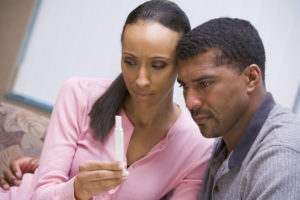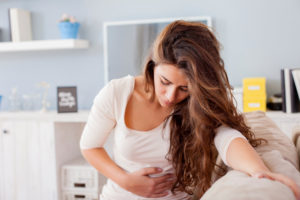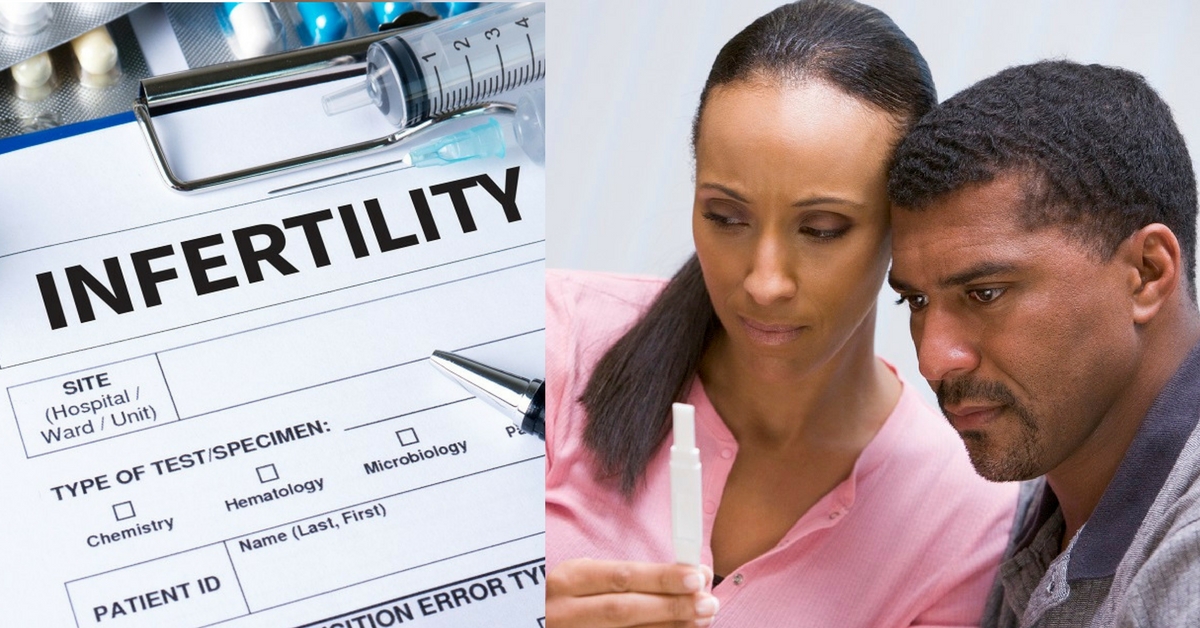Women with endometriosis can experience infertility. Endometriosis is the medical condition wherein cells similar to endometrial cells appear in the female reproductive organs such as the ovaries and the uterine cavity. This normally affects things related to the reproductive system of women such as the menstrual cycle. Infertility is the case when a couple cannot conceive even if they engage in frequent and regular sexual intercourse.

Also, the couple does not engage in birth control procedures and alternatives such as condoms and contraceptive pills. Infertility can affect all sexes.
Contrary to what most people tell, infertility can also affect even couples that already have children. With its root words endo (meaning inside) and metra (meaning womb), endometriosis affects the inside of the womb and other parts of the reproductive system. Also, the uterine lignin is outside the uterus, instead of inside.
This medical condition affects a relatively small percentage of the entire female population, about ten to fifteen percent. It can be hard to immediately detect endometriosis but there are signs indicating its presence. These include pain in the pelvis area, recurring pain and cramps in the same region extending up to the lower back, with degrees often varying from mild to extremely acute. Signs for endometriosis also include dysmenorrhea, frequent urination, painful sex, etc.

Women who are affected by endometriosis and infertility at the same time are often at the peak of their reproduction years. Specialists presume that endometriosis can lead to infertility during cases that adhesions, scars and other distortions become present in the reproduction area of women. These adhesions can cause a gap in the message processing from the brain to the organ related to reproduction, causing infertility.
In other cases, endometriosis can directly affect the organs themselves thus causing a woman to have difficulty in conceiving a child. Endometriosis can also affect the function of the organs, possibly leading to weak female eggs and the likes. However, the perfect way in which endometriosis affects the reproductive system of a female is not yet clear to a specialist.

Infertility alone and endometriosis alone can be easily treated. And despite the uncertainty between the link of infertility and endometriosis, infertility related to endometriosis is often treatable. However, surgery is often needed when dealing with both endometriosis and infertility. Often, the adhesions and scars that are the results of endometriosis are removed from the ovaries and other affected parts. The surgery restores the organs to its proper condition. Also, these surgeries do not guarantee that infertility would be treated. What is guaranteed is that the scars and adhesions would be removed and that the possibility of conceptions is increased; infertility is not necessarily dealt with. This is especially true in cases wherein the infertility is due to some other factors and not just because of endometriosis.
SOURCE: http://www.nzendo.org.nz/about-endometriosis/fertility-and-endometriosis





